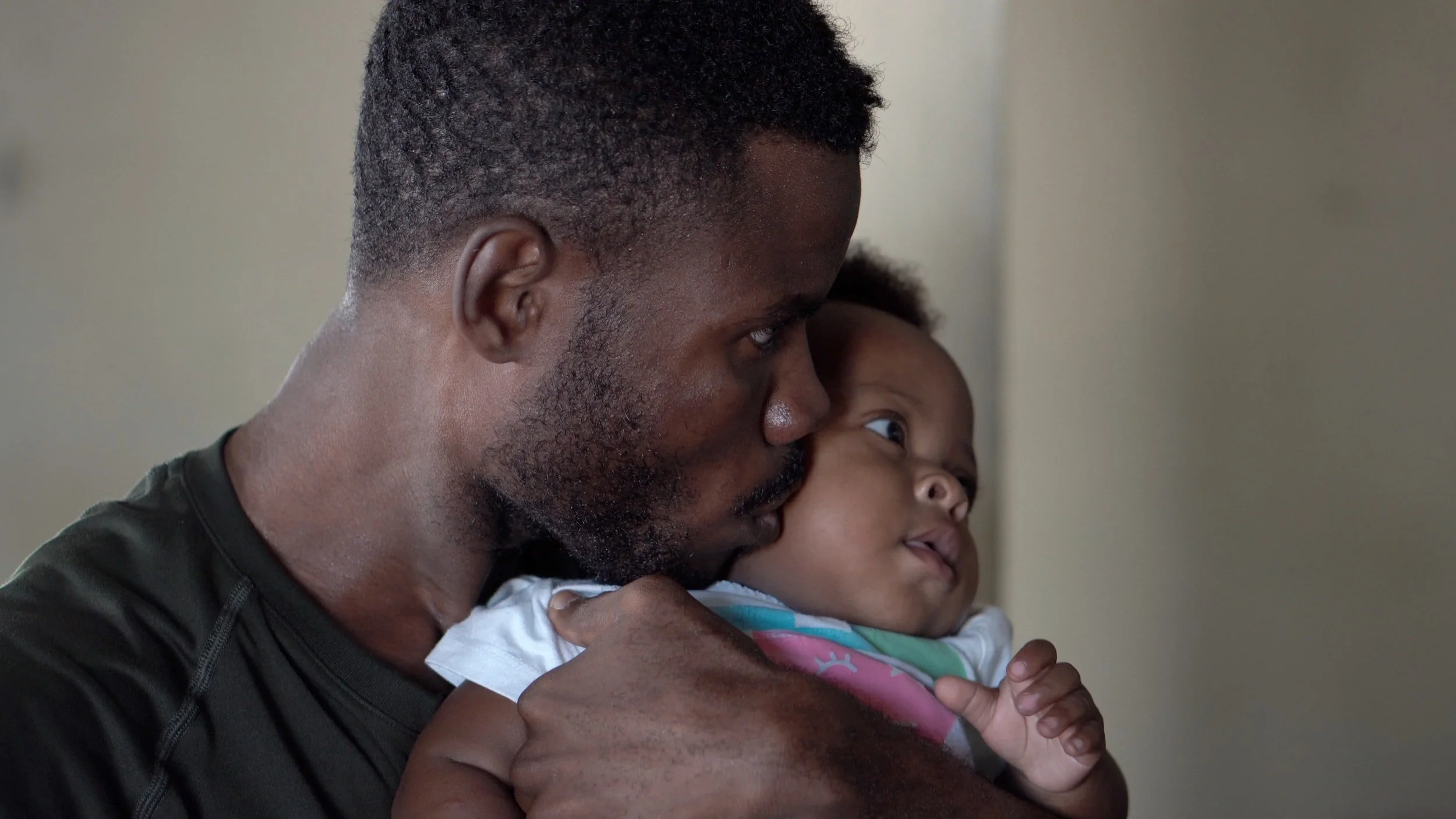Many years ago & when I first got into recovery, I was introduced to the term, Family of Choice. It was presented as being distinctly different than the family I was born into, and that there are specific criteria for members of a Family of Choice. Conceptually, I had no reference point. Yet seeing it play out was profound and life changing.
Read MorePMADs are most commonly described or known as postpartum anxiety or postpartum depression, but there is also postpartum panic, post-traumatic stress disorder, obsessive-compulsive disorder, bipolar disorder with postpartum onset, and postpartum psychosis. While these experienced are often described as having a postpartum onset, this is not entirely accurate. In truth, many PMADs present during pregnancy. For those with a history of depression and/or anxiety, symptoms may increase as pregnancy progresses.
Read MoreRe-think your idea of intimacy. Many people immediately think physical intimacy, forgetting that emotional intimacy is equally important for a couple to have a deep connection. Emotional intimacy means hearing, understanding, emotionally supporting, and connecting with your partner outside of or in addition to physical contact.
Read MoreWhat does your inner critic say to you? When you walk by a mirror what do you tell yourself? When you make a mistake at work, what do you think about yourself? We all have self-talk, and we should be kind to ourselves. Yet at times, we are our worst critic and beat ourselves up over whatever is happening in our lives. We need to practice self-compassion.
Read MoreUnderstanding our nervous system is the key to unlocking our capacity to experience peace, joy, calm, and connection with ourselves and other people. When we are experiencing a stress or trauma response, our bodies begin employing survival strategies (this is our fight, flight, freeze, and fawn responses).
Read MoreIn one of Sharon’s lectures about coupleship, I remember her saying so simply, ”helpful couples therapy in a matter of two or three sessions should be able to identify what each individual is bringing to the relationship that needs individual healing.” In other words, in a few sessions the dysfunction that each individual brings to the relationship from their family of origin and or life before they ever met their partner, will be brought into the light. The light shines on what’s not working. This becomes the obvious material that each individual takes into their individual therapy
Read MoreWintertime can come with the “winter blues”; people can feel more sluggish and gloomier. Unfortunately, sometimes the “winter blues” impact daily life so extensively that it becomes Seasonal Affective Disorder (SAD).
Read MoreIt’s the season of LOVE! Truly, shouldn’t all seasons be a time to cultivate love and make meaningful deposits into your relationship banks? The more often we make meaningful ‘deposits’ into our relationship love bank (ie, moments of connection, feeling seen, heard, loved), the less impactful it can feel when withdrawals (ie, conflict, moments of disconnection or distraction) inevitably occur.
Read MoreAnxiety was my nemesis. It was this gnawing thing that confused me and felt ever present until I began looking at anxiety as a fear response- one designed to protect me-that I was misinterpreting. My anxiety was present because something WAS wrong- not because everything was going right. So, my anxiety was doing its job, I just wasn’t sure what it was trying to tell me. Here are some things you can ask yourself when you’re feeling that gnawing feeling too.
Read MoreDoes convenience or circumstances dictate my boundaries, or do my boundaries dictate my circumstances? This was such a pivotal question that a therapist once asked me. I had no idea that it would be turning point in my own recovery.
Read MoreDo you struggle in your relationship? That should probably be a rhetorical question because I’ve yet to meet any person who doesn’t have some struggle in one of their relationships. You’re not alone. Do you become activated quickly and find it hard to remain calmly engaged with your partner or others? Do you find yourself retreating from relationships? Do you find yourself becoming anxious or depressed when your partner, friend, or family member is upset? If so, you may find healing in a group therapy experience.
Read MoreHave you ever been in the middle of a fight or argument with someone, maybe a spouse/partner, friend, parent, sibling, and thought to yourself, “How did we even get here?”
Me too.
This time between Christmas and New Year’s feels so good to reflect, renew and set some intention for a new year. I’m amazed at the power of writing down thoughts and intentions. This gives me an opportunity to consider my hopes and dreams for the upcoming year. Here is a simple outline for an intention setting activity.
People chose not to drink alcohol for many reasons and being encouraging of that decision is important to me. I try to focus on encouragement, understanding, and connection when someone has decided not to drink. Below are some things I have found helpful during Holiday celebrations, especially for someone who is new in their sobriety journey or is “sober curious”
Read MoreTaking care of yourself can be easy to say and difficult walk out. It’s so easy to concern ourselves with our partner’s wellbeing, our children, our friends, parents etc., the list goes on. It’s easy to put yourself on the back burner when there are so many others to tend to. Taking proper care of self paradoxically, is the best way to help others around you.
Read MoreWhile there is certainly joy, love, and magic for some during the Holidays, what can also be true at the same time is that often there is also stress, resentment, shame, and sadness. The truth is- life, families, work, and finances are nuanced. Saying no is hard, setting boundaries when that’s not the norm is hard, speaking up for yourself is hard, feeling society’s pressure to look and operate to a certain standard is hard, and feeling emotions is hard.
Read MoreThe Holidays are upon us! I’m sure this thought conjures up a wide array of thoughts and emotions (that’s putting it mildly, I’m sure ☺). While some individuals can’t wait to dress the turkey and deck those halls, others are just hoping to make it through with their sanity and sense of self intact, and still others may have a conflicted relationship with the holidays.
Read MoreMisattunement can happen unintentionally. Before little ones can even speak, we are given toys when we are hungry, and food when we want toys. My Dad being immersed in a game and not responding to my pleas was unintentional. Was I harmed by this one, single episode of misattunement? Maybe, maybe not. What’s much more impactful than one event is the consistent misattunement over time.
Read MoreFor children who experience trauma, polarized thinking is a defense mechanism or cognitive distortion. It is a way that our brains and bodies attempt to keep us safe from continuing to experience the same pain we felt during overwhelming experiences. And although this type of thinking is intended to protect us, it actually continues to perpetuate the same pain we experienced.
When people ask me how to improve their relationship, they are often surprised to hear one of the solutions is for both partners to have a defined sense of self. In society, books, movies, even in some religions we are taught enmeshment where what we want, need, and desire is given up to make the other person happy. When we cross our own boundaries, give up having needs, learn to medicate our feelings, or put others first all the time, our sense of self erodes away.
Read More




















